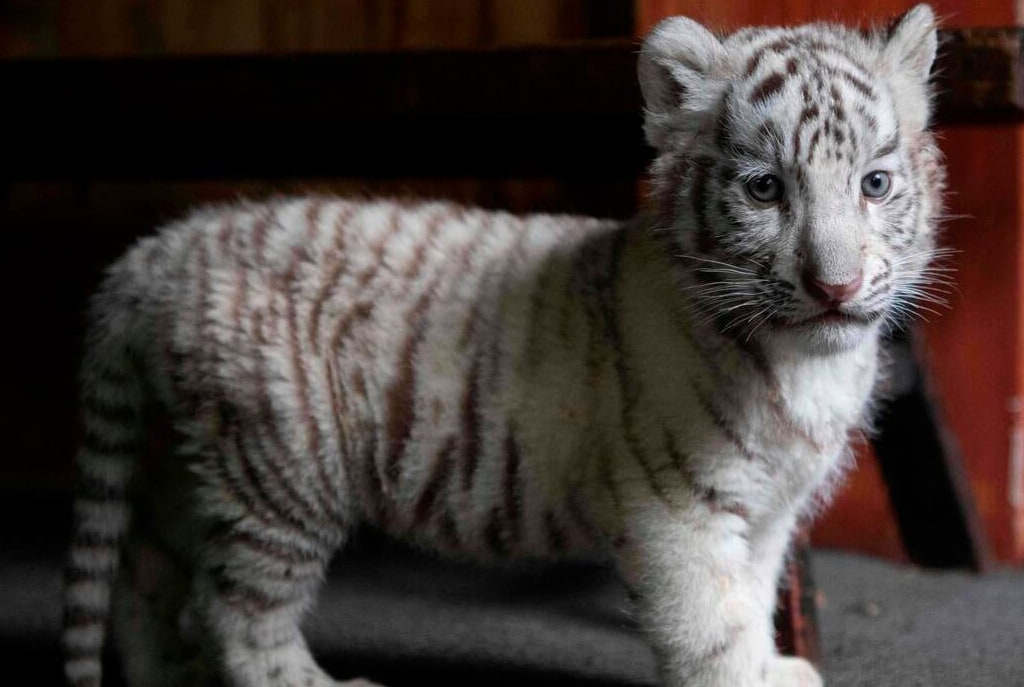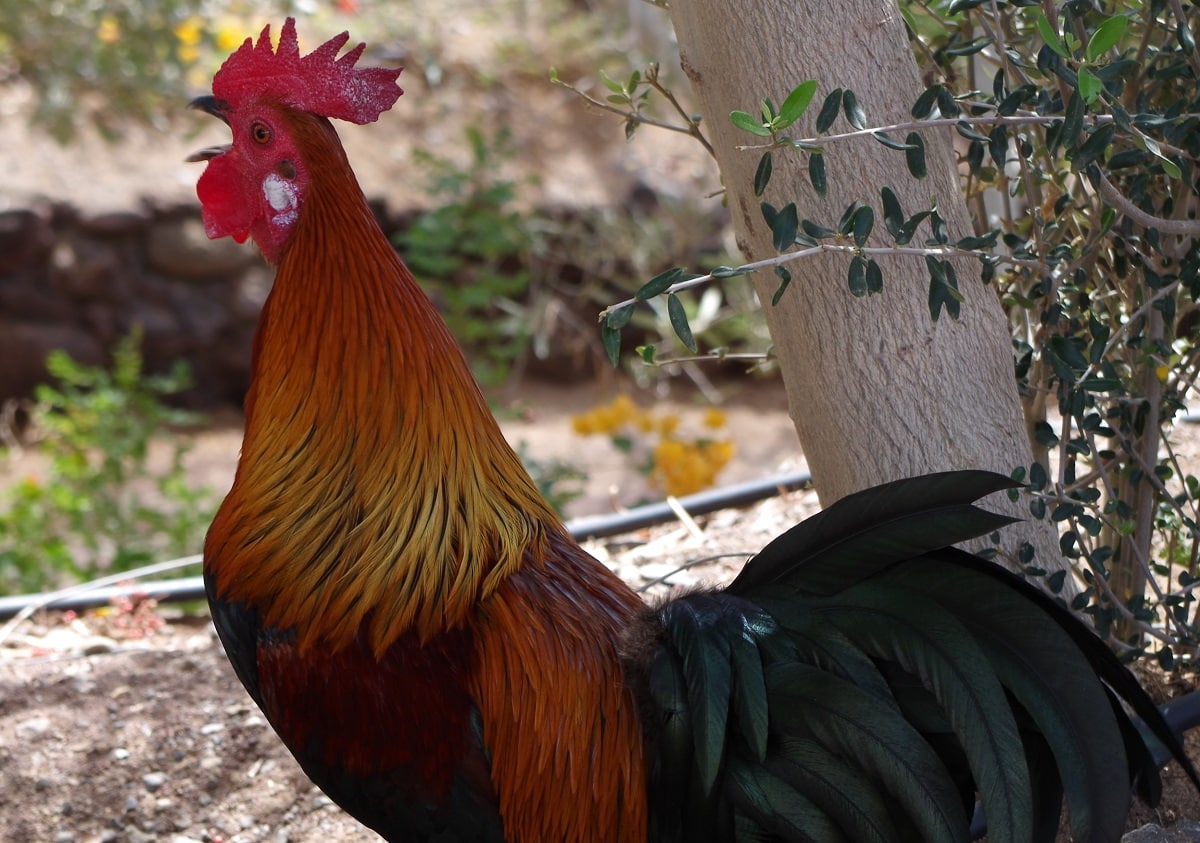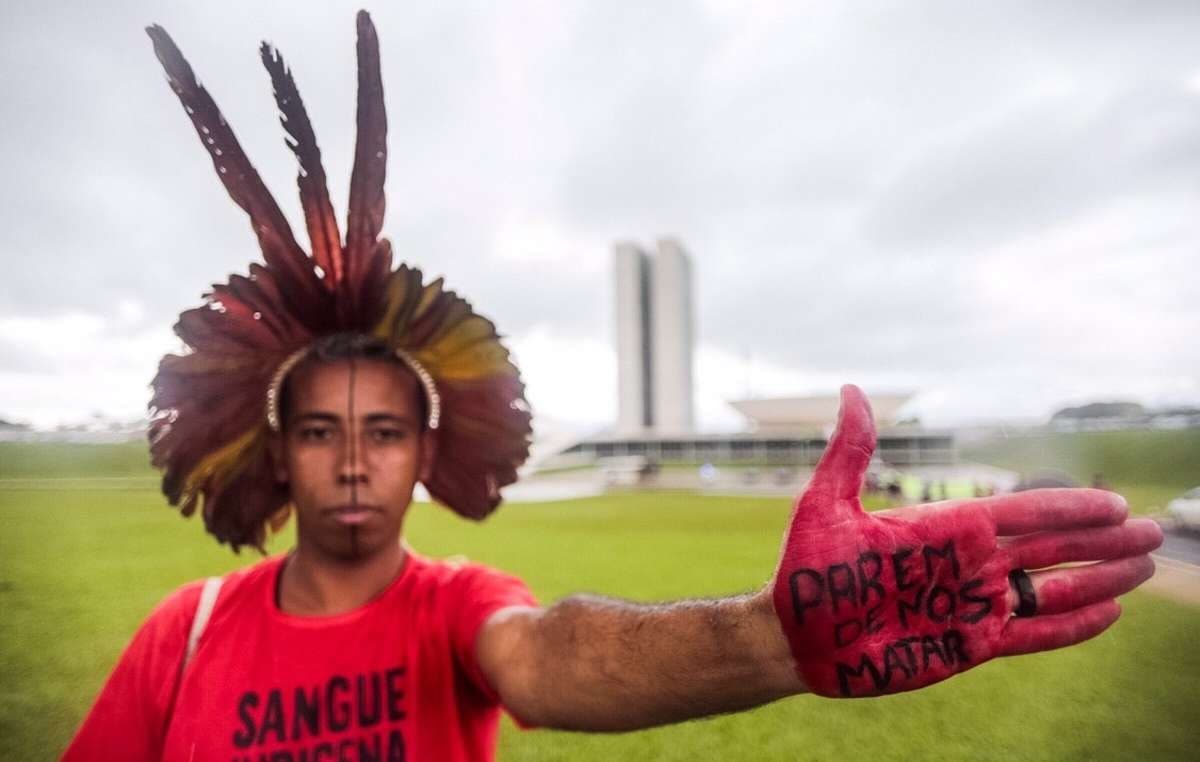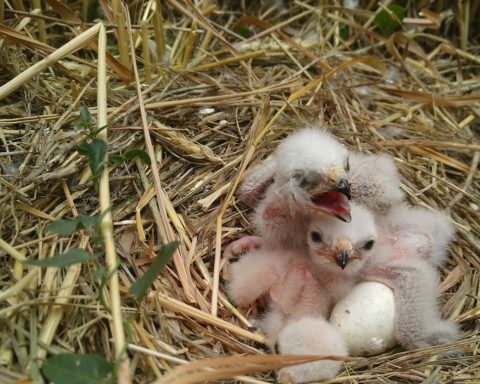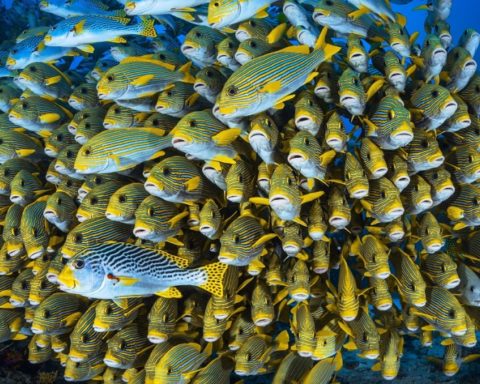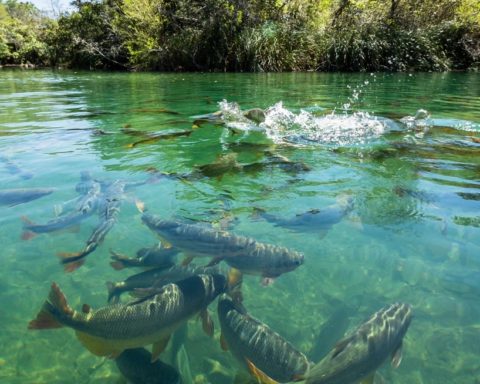Pékin a annoncé l’interdiction « complète » du commerce et de la consommation d’animaux sauvages, pratique suspectée d’être à l’origine de l’épidémie de coronavirus apparue en décembre dans le centre du pays et qui menace désormais le monde d’une pandémie. Cette annonce est une bonne nouvelle pour les défenseurs de la nature, mais devra être confirmée sur la durée.
Pékin a annoncé ce lundi 24 février 2020 l’interdiction complète du commerce et de la consommation d’animaux sauvages, pratique suspectée d’être à l’origine de l’épidémie de coronavirus apparue en décembre dans le centre du pays et qui menace désormais le monde d’une pandémie selon l’OMS. Le comité permanent du Parlement chinois a approuvé cette proposition visant à « abolir la mauvaise habitude de trop consommer des animaux sauvages, et protéger efficacement la santé et la vie de la population », a rapporté la télévision d’Etat CCTV.
Mais la mesure devra encore être définitivement inscrite dans la loi, dans un pays où l’on consomme avec délice toutes sortes d’animaux sauvages dont certains font pourtant partie des espèces en voie de disparition.
Yewei, l’audace des goûts sauvages
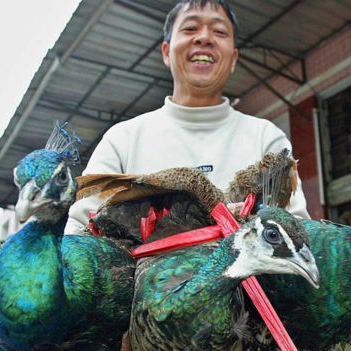 La Chine a traditionnellement un énorme appétit pour les produits de la faune sauvage. Certains animaux sont consommés pour leur goût, comme un mets délicat, tandis que d’autres sont consommés comme médecine traditionnelle.
La Chine a traditionnellement un énorme appétit pour les produits de la faune sauvage. Certains animaux sont consommés pour leur goût, comme un mets délicat, tandis que d’autres sont consommés comme médecine traditionnelle.
Les restaurants de plusieurs régions de Chine sont connus pour servir des plats comme la soupe de chauve-souris (avec la chauve-souris entière à l’intérieur), la soupe faite avec des testicules de tigre, ou des parties du corps de la civette de palmier.
Le cobra frit, la patte d’ours braisée, le vin fait d’os de tigre figurent également au menu des restaurants de gamme supérieure.
Les marchés aux animaux sauvages des bidonvilles abritent des rats, des chats, des serpents et de nombreuses espèces d’oiseaux, y compris des espèces en danger critique d’extinction.
La notion de « yewei » (littéralement « goûts sauvages » en chinois) est une terminologie courante dans toute la Chine qui véhicule culturellement un mélange d’aventure, d’audace, de curiosité et de privilège, explique à la BBC un enquêteur d’une grande agence internationale qui a conduit plusieurs rapports sur le commerce des espèces sauvages en Chine.
Médecine traditionnelle chinoise
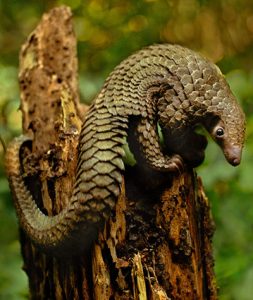 Les produits issus de la faune sauvage sont également utilisés dans de nombreux médicaments traditionnels chinois, principalement parce qu’on pense qu’ils ont des pouvoirs curatifs pour soigner diverses affections, comme l’impuissance masculine, l’arthrite et la goutte. La demande de pangolin, petit mammifère dont la chair est prisée et les écailles utilisées en médecine traditionnelle chinoise a ainsi presque anéanti l’animal en Chine ; il est maintenant devenu l’animal le plus braconné dans d’autres parties du monde également. Or il pourrait, selon certains scientifiques, avoir servi de vecteur de transmission du nouveau coronavirus vers l’homme.
Les produits issus de la faune sauvage sont également utilisés dans de nombreux médicaments traditionnels chinois, principalement parce qu’on pense qu’ils ont des pouvoirs curatifs pour soigner diverses affections, comme l’impuissance masculine, l’arthrite et la goutte. La demande de pangolin, petit mammifère dont la chair est prisée et les écailles utilisées en médecine traditionnelle chinoise a ainsi presque anéanti l’animal en Chine ; il est maintenant devenu l’animal le plus braconné dans d’autres parties du monde également. Or il pourrait, selon certains scientifiques, avoir servi de vecteur de transmission du nouveau coronavirus vers l’homme.
L’utilisation non durable de la corne de rhinocéros pour la médecine traditionnelle chinoise est un autre exemple de la manière dont cette pratique a fait de l’animal une espèce en voie de disparition.
L’épidémie de coronavirus marquerait-elle un tournant décisif ?
Cette épidémie de coronavirus pourrait-elle constituer un tournant dans l’effort mondial visant à mettre fin au commerce illégal d’espèces sauvages et à protéger ensuite la santé publique ?
Les experts affirment qu’il s’agit d’un défi de taille, mais que la mission n’est peut-être pas impossible.
Les virus à l’origine du syndrome respiratoire aigu sévère (SRAS) et du syndrome respiratoire du Moyen-Orient (MERS) proviendraient également des chauves-souris, mais ils se seraient introduits chez l’homme par l’intermédiaire de civettes et de chameaux, respectivement, selon les responsables de l’OMS.
« Nous sommes en contact avec des espèces sauvages et leurs habitats que nous ne connaissions pas auparavant », a déclaré à la BBC le Dr Ben Embarek, du département de la nutrition et de la sécurité alimentaire de l’Organisation mondiale de la santé (OMS). « Nous avons donc un certain nombre de nouvelles maladies liées à de nouveaux contacts entre l’homme et des virus, bactéries et parasites jusqu’alors inconnus ».
Une analyse récente des quelque 32 000 espèces de vertébrés terrestres connues a montré qu’environ 20 % d’entre elles sont achetées et vendues sur le marché mondial, légalement ou illégalement.
Cela représente plus de 5 500 espèces de mammifères, d’oiseaux, de reptiles et d’amphibiens.
Le commerce illégal d’espèces sauvages est estimé à environ 20 milliards de dollars et constitue le quatrième plus grand commerce illégal après celui des drogues, de la contrebande de personnes et de la contrefaçon.
« Cette crise sanitaire doit servir de signal d’alarme », espère le Fonds mondial pour la nature (WWF) dans une déclaration, « pour la nécessité de mettre fin à l’utilisation non durable des animaux en danger et de leurs parties, en tant qu’animaux de compagnie exotiques, pour la consommation alimentaire et pour leur valeur médicinale perçue ».
Interdiction chinoise
Le gouvernement chinois a toutefois clairement indiqué que l’interdiction sera temporaire.
« L’élevage, le transport ou la vente de toutes les espèces animales sauvages sont interdits à partir de la date de l’annonce jusqu’à ce que la situation épidémique nationale soit terminée », a déclaré une directive émise conjointement par trois agences gouvernementales.
Rappelons que Pékin avait annoncé une interdiction similaire lors de l’épidémie de SRAS en 2002.
Mais les organisations écologistes affirment que quelques mois après ces annonces, les autorités ont fait preuve d’indulgence et le marché des animaux sauvages a rebondi en Chine.
Que se passera-t-il à long terme ?
« Nous applaudissons cette interdiction, qui montre que le gouvernement chinois est déterminé à changer une tradition millénaire, totalement inappropriée dans la société actuelle », se félicite à l’AFP Jeff He, directeur pour la Chine du Fonds international pour la protection des animaux (Ifaw), qui estime qu’une révision plus stricte encore est en préparation. « Car, avec la deuxième crise sanitaire du genre en 17 ans, après le Sras, je pense que le gouvernement a compris que le coût pour l’économie et la société est bien plus lourd que les avantages de ce commerce », poursuit-il, tout en soulignant que l’arrêt du commerce d’animaux sauvages doit être un effort conjoint de la communauté internationale.
Directeur de l’ONG internationale WildAid, qui lutte contre le trafic d’animaux sauvages, Peter Knights attend lui aussi la pérennisation de la décision chinoise : « Tout cela est très nécessaire et sensé, la seule question est : que se passera-t-il à long terme ? ».
Pour lui, les enjeux vont désormais au-delà de la seule protection animale : il y a de toute évidence quelque chose de bien plus grand en jeu, la santé humaine et des dégâts économiques massifs. Or une interdiction chinoise d’envergure et confirmée pourrait changer la donne globale : « Nous espérons que la Chine pourra montrer la voie à une interdiction mondiale de ces marchés et user de son influence et de ses capacités pour y aider, notamment en Asie du Sud-Est et en Afrique, où la consommation d’animaux sauvages reste aussi répandue ».
« C’est un avertissement et, si nous l’entendons, j’espère que nous pourrons non seulement protéger la vie humaine mais même sauver des espèces en voie de disparition ».Ivonne Higuero, secrétaire générale de la CITES, convention internationale qui surveille le commerce international des espèces menacées, se félicite de l’annonce chinoise si elle signifie que la Chine va prendre des mesures plus strictes pour pouvoir respecter ses obligations aux termes de la convention. En effet, il y a beaucoup de trafic d’espèces sauvages à destination de la Chine, relève la responsable. Et un assèchement du marché chinois serait donc bénéfique : Retirer ce qui motive ces organisations criminelles souvent internationales c’est exactement ce qu’il faut. S’il n’y a plus d’acheteurs, pourquoi continuer ?Les militants écologistes en Afrique, un des réservoirs de biodiversité, source de nombre d’animaux trafiqués, observent également avec attention l’évolution chinoise. Le docteur Andrew Muir, patron de l’ONG sud-africaine Wilderness Foundation Africa, estime que la décision chinoise constitue un pas positif face à la perte de biodiversité et au nombre d’espèces qui disparaissent.
Il espère que cette mesure permettra de laisser les espèces sauvages tranquilles dans la nature faire partie de l’écosystème. Il résume la situation actuelle provoquée par l’irruption du coronavirus : « si on ne mange pas les bêtes sauvages elles ne nous feront pas de mal ».
Sources : BBC, AFP

